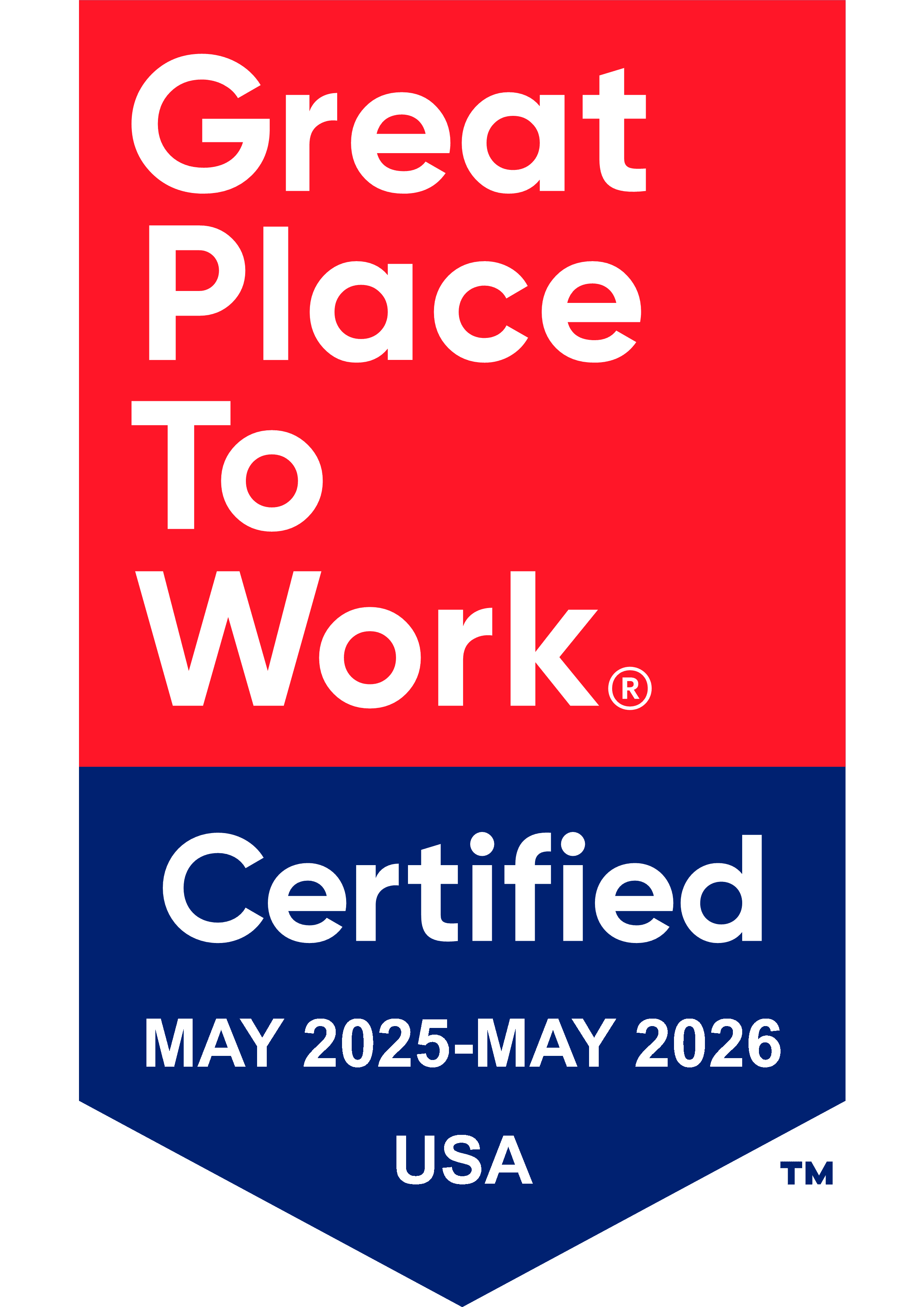CADCA is committed to promoting the safety and well-being of our training and event attendees. We will continue to review and act in accordance to the following: 1) local, state and federal public health advisories and assessments; 2) additional precautions instituted by travel and visitor bureaus, host facilities and major airports; and 3) guidelines put forth by our federal agency partners.
The National Institute on Drug Abuse (NIDA) has alerted the research community that populations with Substance Use Disorders may be more susceptible to coronavirus. Recently, the Substance Abuse and Mental Health Services Administration (SAMHSA) posted COVID-19 guidance providing potential flexibility for opioid treatment programs.
We encourage individuals to review the recommendations, best practices and resources distributed by the Centers for Disease Control and Prevention to stay informed on the latest news and information.


